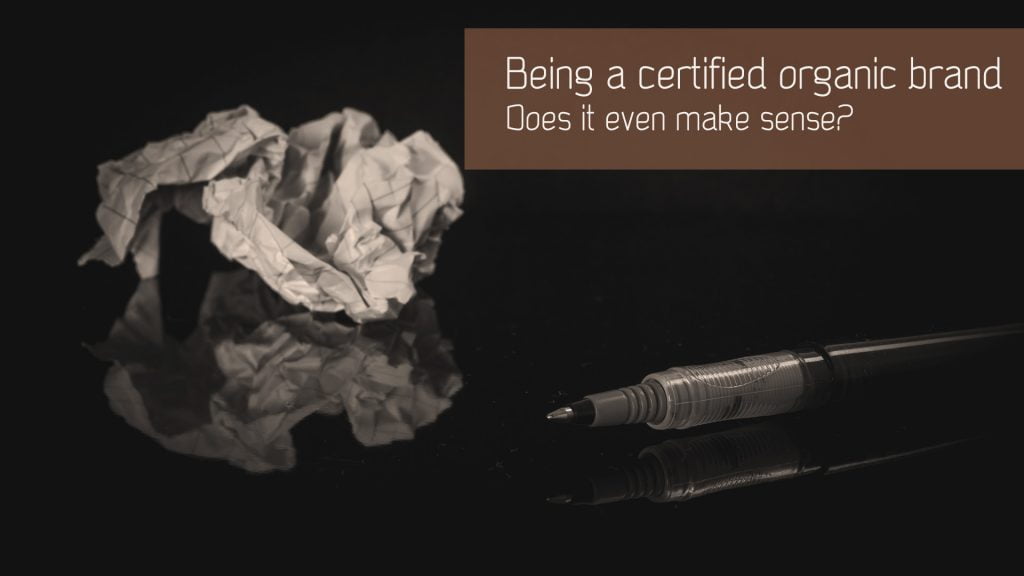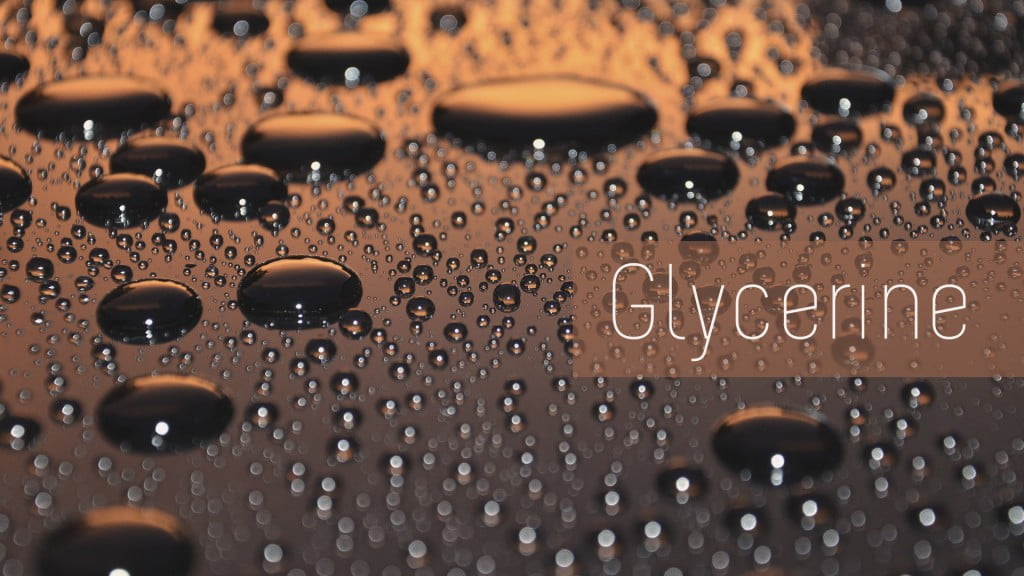In Europe, there are several organic certification bodies, each with their specific requirements. Overall, and despite their differences, we can agree on the fact that they all have one goal in common: to help develop cosmetics that respect the environment and humans.
What is a label and what does it mean exactly?
For the consumer, a label may convey peace of mind. It brings relief with the knowledge that experts have taken the time to assess and control the products.
For brands, it is the opportunity to be associated with an ethical movement that is larger than themselves. It is like publicly saying and proving that they have a commitment towards healthier and more moral cosmetics.
But here is the thing.
Several objections are often heard (among consumers but also formulators and manufacturers). We have chosen to deconstruct two myths about the usefulness / or the futility of organic certification and organic labels.
Myth number 1: “Labels are just a marketing thing.”
This misconception comes up very often. Basically, there is supposedly no real difference between a conventional product and a natural / organic cosmetic product. Brands would simply slap a label onto the jars to make more profit.
The fact is that the process to be certified and earn a label is long, cumbersome and expensive. It implies a permanent scrutiny right of an authority outside the brand (which means limited autonomy) and sometimes requirements that could seem a little excessive.
Committing to creating organic cosmetics also means to self-impose restrictions in terms of the choice of suppliers and partners. It is a choice that is made because of a belief in a vision, not just to ride the green wave.
In reality, it is greenwashing that really is about marketing.
The problem is with some non-certified brands that do not go through the same requirements as certified organic brands, while suggesting here and there an imaginary link between them and natural or organic cosmetics. These are the players in the cosmetics market that make immoral use of a green washed marketing.
Myth number 2: “Organic certification is an obstacle to creativity and efficiency.”
That idea is mostly found among cosmetic formulators and cosmetic actives suppliers. According to some, organic certification prohibits access to too many raw materials and thus prevents the creation of innovative and effective cosmetics.
Unfortunately, this idea is partially true. But only partially.
In the urgency of the formulation process, when the formulator is looking for a specific effect or a particular texture, it can be a problem.
But when looking at natural and organic cosmetics as a whole, we realize that this cliché is wrong.
It is precisely when met with difficulty that we get creative. When we are faced with a problem, that is when we create all the mental mechanisms that allow us to achieve our goals.
Restrictions in terms of actives and other ingredients compel us to push our research further and to think more and more in order to develop or find actives and ingredients that are efficient, innovative and clean.
This constraint is undoubtedly the heart of true green chemistry.
What about you? Do you consider certification and labels useful / useless? Why?
Please, leave us a comment below or reply on Twitter #AntoninB #BioLabels







